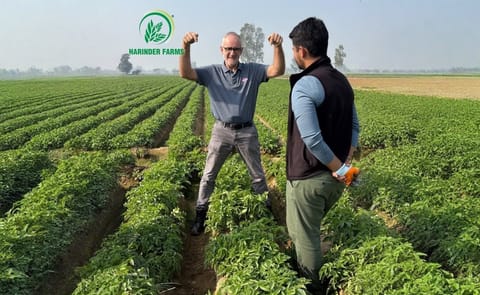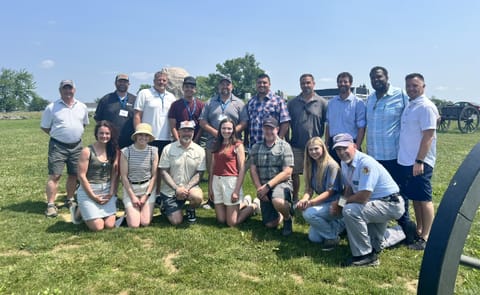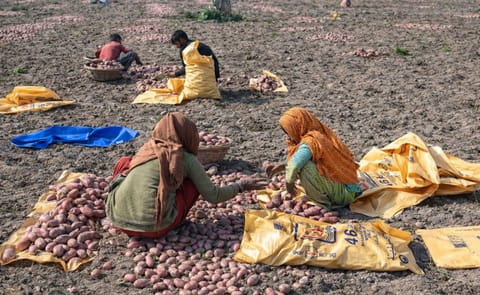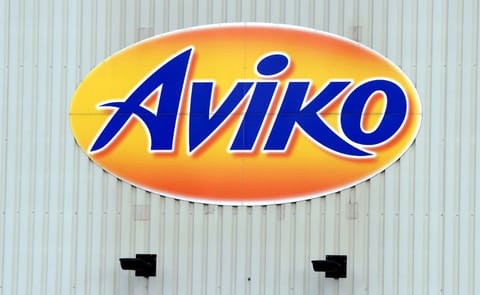Europatat
Europatat, the European potato trade association celebrates 60th anniversary

On Wednesday 14 November Europatat, the European Potato Trade Association, celebrated its 60th Anniversary with a policy event in Brussels Museum of Natural Sciences.
Besides an industry debate focusing on food marketing trends, Members of the European Parliament Mairead McGuinness (EI, EPP) and George Lyon (UK, ALDE) discussed the role of EU policies for the potato trade (e.g. CAP reform).
The potato sector is among the most competitive segments of EU agriculture and has never been covered by any EU market regulation. The European potato trade plays an essential role in the potato supply chain, thereby adding value to the benefit of consumers and producers.
In 2012 Europatat, the European potato trade association is celebrating its 60th Anniversary. The “European Union for the Wholesale Trade in Potatoes” was established on 12 January 1952 in Paris (10 years before the establishment of the CAP), including members from Belgium, Denmark, France, Germany, Italy, The Netherlands and Switzerland. Sixty years later, the association groups members from 18 countries and is more active than ever.

From left to right: Europatat regulatory commission chairman Colin Herron , MEP George Lyon, Europatat president Kees van Arendonk, Europatat secretary-general Frédéric Rosseneu, MEP Mairead McGuinness
Frédéric Rosseneu, secretary general of Europatat, comments: ”The copying of market regulation instruments from other sectors on potatoes we are witnessing, makes no sense. Instead each sector should be considered on the basis of its strengths and specificities. Indeed recent studies have even hailed the potato supply chain as a model for other sectors.”
The European potato trade fulfils an important and omnipresent role in the potato supply chain. Indeed potato trade companies take on a variety of tasks beyond just imports and exports, ranging from breeding activities and growing seed potatoes to storage, packing and distribution. Through these tasks it adds value to the benefit of consumers and producers, who receive the product tailored to their needs. Despite this year’s difficult harvest, consumers will be able to enjoy potatoes across Europe as the potato trade shifts products to those regions experiencing shortages, on average 10% of the potato crop is traded across the EU. On an international level, the quality of our products results in a positive trade balance of more than 500 million EURO.
Kees van Arendonk, president of Europatat, added: ”Whereas the food supply chain is often reduced to the producer, processor and retailer, the trade is an essential component which adds value across the chain. Europatat will continue to explain and emphasize this message, as many misconceptions remain on the role of the trade in the food supply chain.”
Source: Europatat










